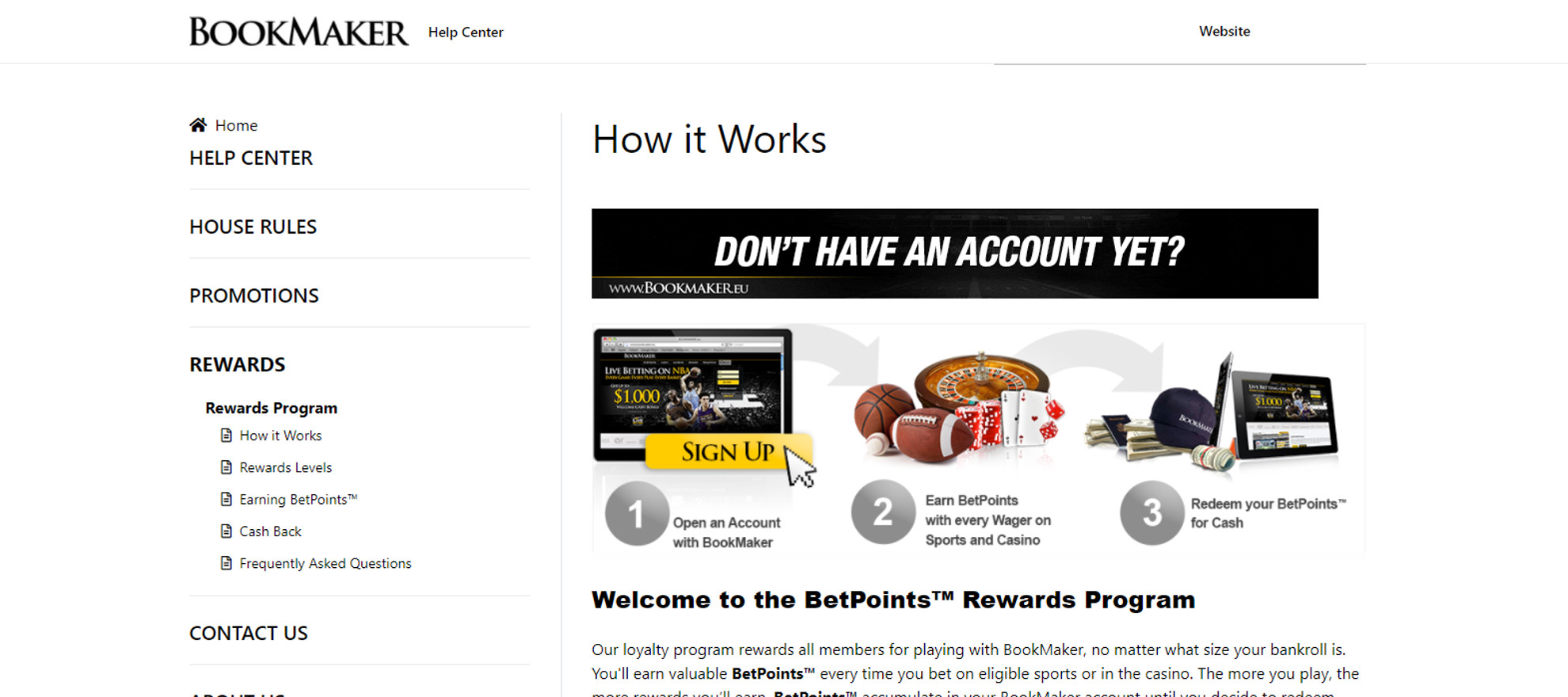

Media attention is often drawn to brand marketing (Davies, 2020) in this industry, and particularly to the loyalty programmes operated by the bookmakers. At the same time, the government increased duty on online betting to offset the loss (Davies, 2019). The attention of the media and regulators has the potential for disruption. In April 2019 a reduction in the maximum stake on Fixed-Odds Betting Terminals (FOBTs) led to a 25% fall in revenues at one bookmaker and the closure of hundreds of betting shops. As a consequence of its widespread appeal (almost three-quarters of UK adults participate in some way each year), and the potential for social harm through problem gambling, the industry is highly scrutinised regulated and taxed (Blaszczynski et al., 2004, Miller and Michelson, 2013).
#Bookmaker program plus
In the UK, consumer spending on gambling amounted to over £14 billion in 2018/19 across various activities including the National Lottery, bingo, sports betting, casino games and slot machines (Gambling Commission, 2019), accessed via high street bookmakers and their digital platforms, plus online-only gaming formats (Lopez-Gonzalez et al., 2017). It is also lucrative - for bookmakers if not punters.

Gambling, according to the UK government, is a popular leisure activity that is enjoyed by many. students at The Brandmovers Institute at London Southbank University. Some contrarian insights from our research team and PhD. The findings suggest most of this behaviour is recorded in bookmaker loyalty data and could be used to trigger interventions. Nevertheless, problem gambling is serious social harm affecting just under one percent of people aged 16+. The criticism of loyalty programmes is that they exploit gamblers, but the evidence suggests exactly the reverse. Drawing on recent, large scale social research datasets we conduct brand-user profiling and duplication of purchase analysis to show that the behaviour of scheme members is already established and therefore predictable – but it isn’t loyal. We report on the behavioural outcomes of bookmaker loyalty programmes, extending two empirical generalisations that predict split- loyal, habitual consumer choice behaviour. Evidence from the retail and travel sectors shows that loyalty schemes do not segment the market in this way, although few if any studies have yet explicitly, examined membership loyalty behaviour in the gambling industry. It is implied that they cause problem gambling.
#Bookmaker program pdf
All regular low cost softwares lacks the flexibility of multiple PDf files and Creep Functions.Abstract A popular conception of bookmaker loyalty programmes is that they lock in heavy punters and entice them into ever greater spending.
#Bookmaker program professional
The easiest & low cost professional 2up PDF Book Printing Solution available.


 0 kommentar(er)
0 kommentar(er)
